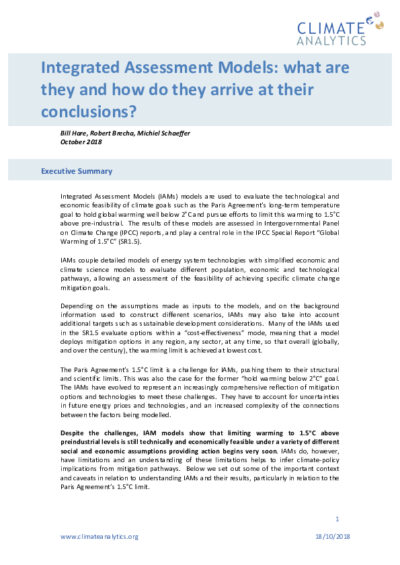Publications
Share

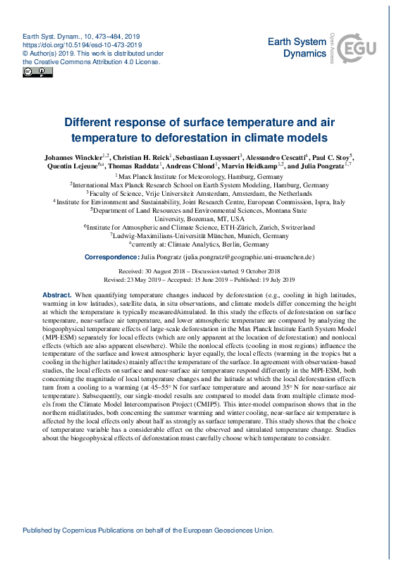
Peer-reviewed Papers
The choice of temperature variable used when modelling deforestation has a considerable effect on the observed and simulated temperature change.
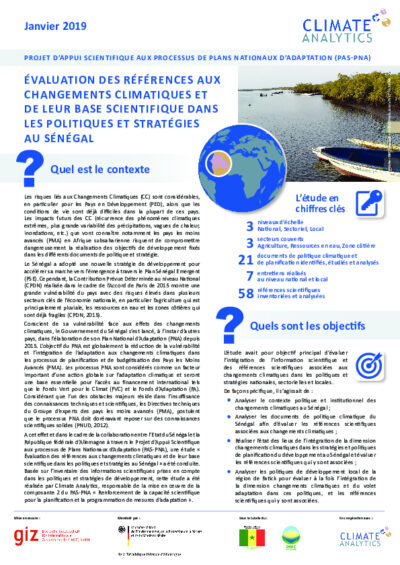
Working Papers
L’étude avait pour objectif principal d’évaluer l’intégration de l’information scientifique et des références scientifiques associées aux changements climatiques dans les politiques et stratégies nationales, sectorielles et locales.
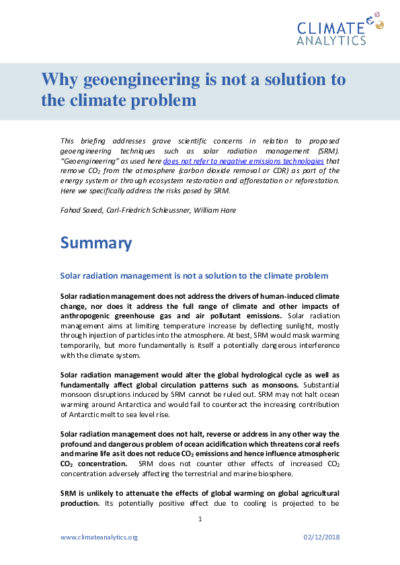
Briefings
This briefing addresses grave scientific concerns in relation to proposed geoengineering techniques such as solar radiation management.
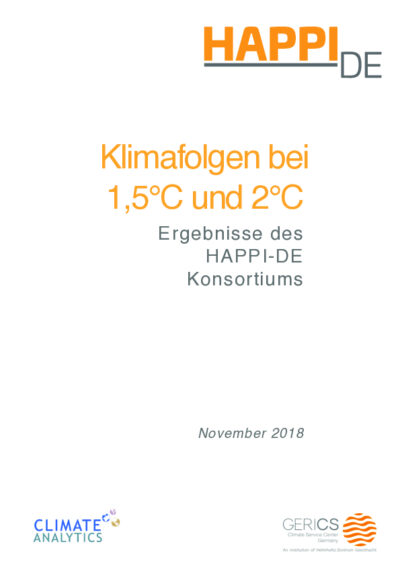
Reports
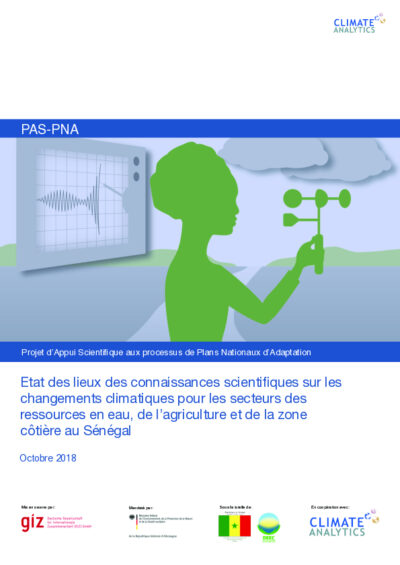
Reports
Le présent rapport effectue un état des lieux des connaissances scientifiques liées aux changements climatiques au Sénégal, plus précisément pour la région de Fatick, à travers une analyse documentaire portant premièrement sur la variabilité climatique et les tendances climatiques actuelles et futures, puis sur les impacts des changements climatiques pour des secteurs aussi stratégiques que l’agriculture, les ressources en eau et la zone côtière, et enfin sur les options et stratégies d’adaptation par secteur.
